Gunma therapy, a traditional Japanese form of massage therapy, has gained attention for its potential benefits in aiding the recovery process after surgical procedures. This investigation explores the application of 분당 건마, South Korea, and its possible advantages in promoting post-operative healing and well-being.
Overview of Gunma Therapy:
Gunma therapy, originating from the Gunma Prefecture in Japan, utilizes a combination of kneading, pressing, and stretching techniques applied to specific pressure points and meridians on the body. It aims to improve blood circulation, alleviate muscle tension, and enhance overall relaxation and well-being.
Potential Benefits for Post-Surgical Recovery:
- Pain Management:
Gunma therapy may help alleviate post-operative pain by reducing muscle tension and promoting the release of endorphins, the body’s natural pain-relieving hormones.
By targeting specific pressure points and meridians associated with pain relief, Gunma therapy offers a non-invasive and drug-free approach to managing discomfort following surgical procedures.
- Improvement of Circulation:
Enhanced blood circulation is essential for facilitating the delivery of oxygen and nutrients to surgical sites, promoting tissue repair and regeneration.
Gunma therapy’s massage techniques stimulate blood flow, potentially accelerating the healing process and reducing the risk of complications such as blood clots or tissue ischemia.
- Reduction of Swelling and Inflammation:
Post-operative swelling and inflammation can impede the recovery process and cause discomfort for patients.
Gunma therapy’s gentle kneading and pressing motions may help alleviate swelling by promoting lymphatic drainage and reducing fluid retention in the affected areas.
- Stress Reduction and Relaxation:
Surgical procedures can be physically and emotionally taxing, leading to increased stress and anxiety levels in patients.
Gunma therapy’s relaxing massage techniques can help promote a sense of calm and relaxation, potentially lowering stress hormone levels and improving overall mood during the recovery period.
- Application in Bundang:
- Integration into Post-Surgical Care Programs:
Medical facilities in Bundang can incorporate Gunma therapy into comprehensive post-operative care programs to enhance patients’ recovery experiences.
Collaborations between hospitals, rehabilitation centers, and certified Gunma therapists can ensure the safe and effective implementation of this complementary therapy alongside conventional medical interventions.
Conclusion:
The potential benefits of 성남 건마 therapy in aiding the recovery process after surgical procedures make it a promising adjunctive treatment option for patients in Bundang and beyond. By harnessing its pain-relieving, circulation-enhancing, and relaxation-promoting properties, Gunma therapy can complement conventional medical interventions and contribute to improved post-operative outcomes and overall patient well-being. Further research and clinical studies are warranted to validate its efficacy and safety in various surgical settings and patient populations, paving the way for its integration into mainstream healthcare practices in Bundang and beyond.
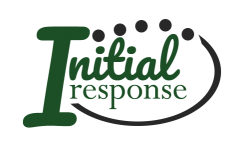
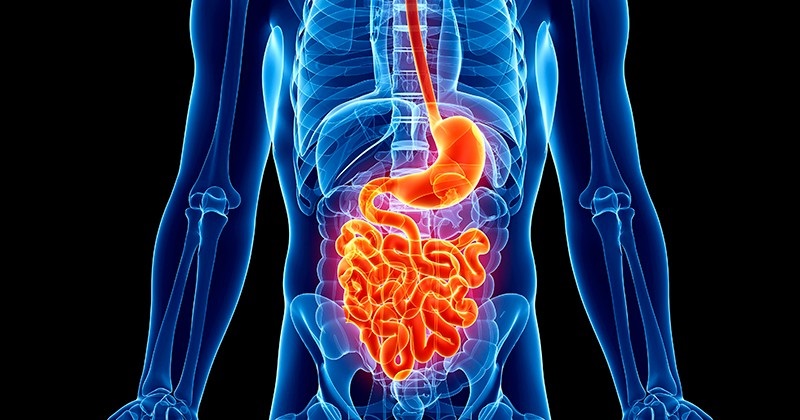
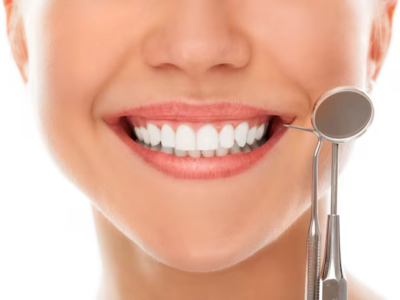
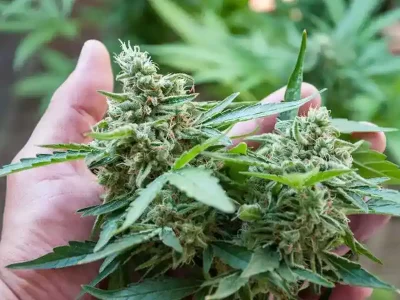


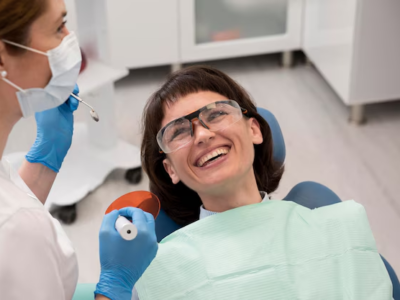



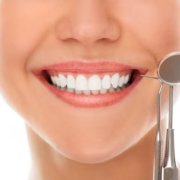

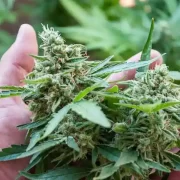
Comments